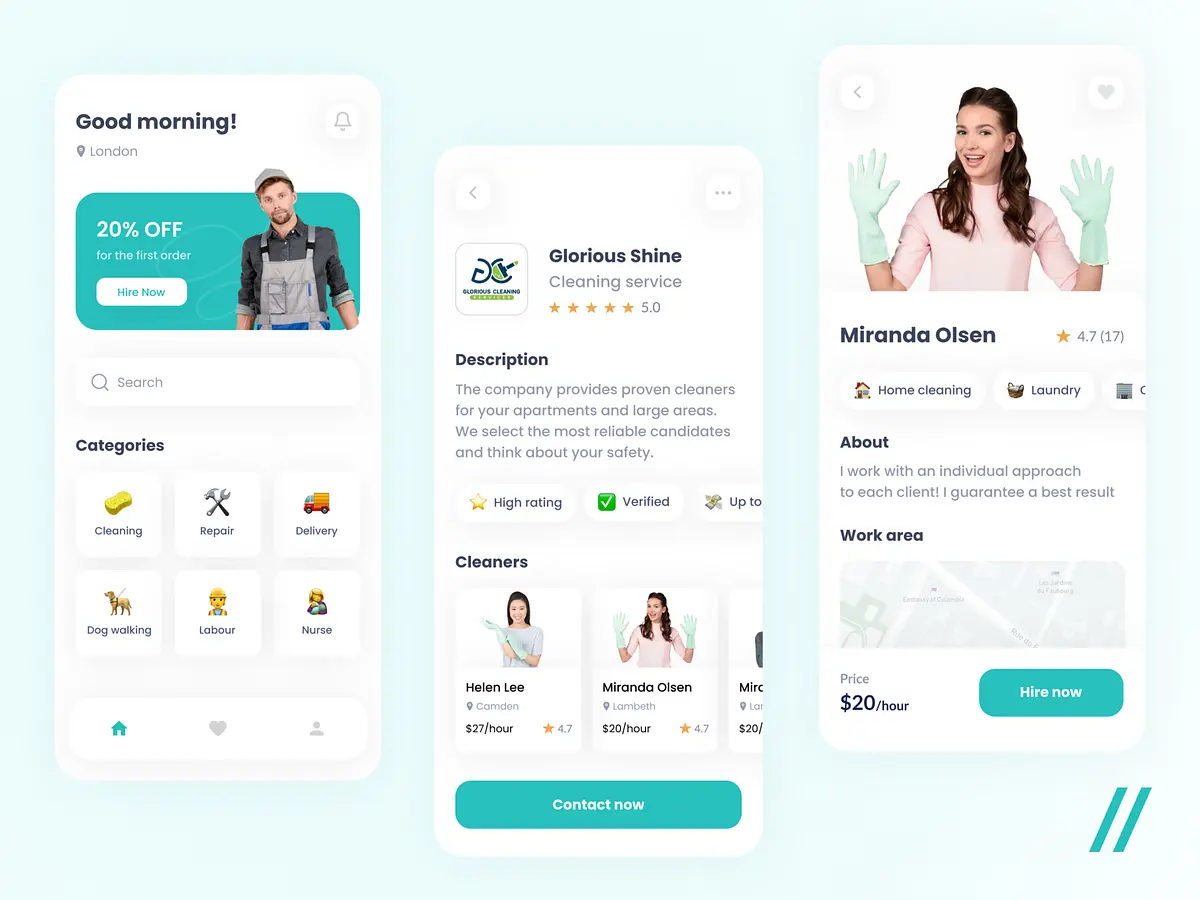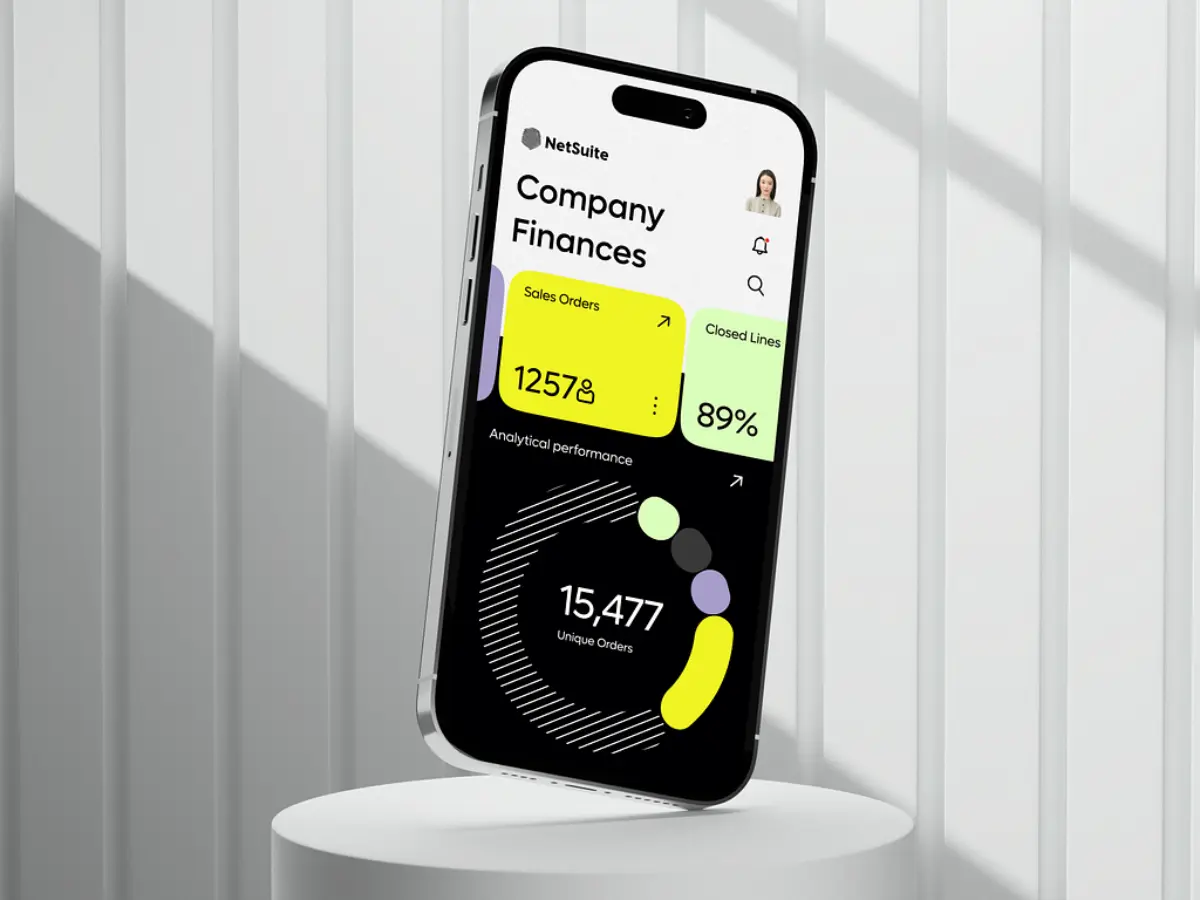Top 15 Blockchain Programming Languages in 2024


Between 2017 and 2020, the demand for Blockchain surged by nearly 2000%, making it a prized technology in the industry. By 2024, the Blockchain market is projected to reach $20 billion.
As Blockchain reaches new sectors, organizations are eager to hire blockchain developers.
With the rising demand for blockchain app developers, staying competitive is paramount. Technology enthusiasts must learn the best blockchain programming language to keep pace.
Therefore, this article explores the best blockchain programming language, offering practical insights for your next project.
Solidity is the top choice for Blockchain development Programming language among developers worldwide, offering stability and widespread usage. Mastering Solidity is essential whether you’re new to programming or seasoned in the field.

Developed by Gavin Wood in 2014, Solidity is a statically typed language with curly-braces syntax specifically tailored for creating smart contracts to operate on the Ethereum Virtual Machine (EVM). Influenced by Java, C++, and PowerShell, its key architect is Vitalik Buterin, the creator of Ethereum. Now, let’s look into the pros and cons of Solidity:
Pros:
Cons:
Java, one of the most widely used programming languages, plays a significant role in Blockchain Programming for platforms like Ethereum, Hyperledger Fabric, IOTA, NEO, and others. Created in 1995 by James Gosling, Java offers robust support for Application Programming Interface (API) and class-based object-oriented programming, making it a preferred choice for blockchain development. This domain extensively utilizes its key features, including API, OOP, and Portability.

java
Pros:
Cons:
More knowledge about blockchain:
Blockchain in Finance: An In-depth Guide
Blockchain Development Process and How to Apply It to Your Industry
Python is a great choice for beginners in Blockchain Programming because of its simplicity and wide usage. It has shortcodes and is open-source, allowing for flexibility with resources and plugins. Python supports Object-Oriented Programming and is commonly used in Blockchain Development, Machine Learning, and Artificial Intelligence.
Popular GUI options like PyQt5 and Tk assist in creating applications for Blockchain Programming.

Python
Pros:
Cons:
Developers in Blockchain Programming prefer using C++ due to its runtime polymorphism, function overloading, and multi-threading capabilities. It offers flexibility in shaping data to fit developers’ requirements and sees extensive use in Blockchain programming, including projects like Stellar, Ripple, and Bitcoin.

C++
Pros:
Cons:
Ruby, developed by Yukihiro “Matz” in the mid-1990s, is a high-level and general-purpose programming language. It allows blockchain developers to prototype their ideas using open-source third-party APIs and plugins quickly. Ruby lets developers combine its features with other languages to create more powerful platforms.

Ruby
Pros:
Cons:
Enhance Your Business with Blockchain Development Today!
Get in touch with experts for a free consultation. We’ll help you decide on next steps, explain how the development process is organized, and provide you with a free project estimate.
The Go programming language has gained significant traction in Blockchain development. It boasts a combination of user-friendliness, scalability, flexibility, and speed, drawing parallels with JavaScript and Python. This makes it a preferred choice for creating tailored Blockchain solutions.
Two prominent Blockchain solutions built with Go are Go-Ethereum and Hyperledger Fabric.

Go
Pros:
Cons:
C# is a widely used open-source programming language crafted by Microsoft, commonly pronounced as “C Sharp”. Visual Studio Magazine estimates its user base at around 5 to 8 million developers worldwide. Noteworthy Blockchain platforms like Stratis, NEO, and IOTA rely on C# for their programming needs. C# employs straightforward Object-Oriented and Extensible Markup Language methods, simplifying development without requiring extensive developer intervention.

C#
Pros:
Cons:
Simplicity, created by Rachelle O’Connor, aims to simplify blockchain programming by reducing the need for deep understanding. Previously, blockchain programs fell into two categories: expressive but unreliable, or basic and reliable. Simplicity seeks to bridge this gap.
Designed to integrate seamlessly with Blockstream’s Elements platform, Simplicity offers Liquid Network users access to advanced smart contracts like trust-reduced escrow and vault systems.
Pros:
Cons:
Rholang, a newcomer to the tech scene, is one of the best programming languages for blockchain development. It’s user-friendly, with clear syntax displayed on-screen, reducing developers’ cognitive load. Rholang operates within the Rchain environment.
Pros:
Cons:
As an open-source and platform-independent language powered by Zend Engine, PHP can be used across various operating systems. Its source distribution includes an extensible library that simplifies the work of blockchain developers.
Due to its popularity, PHP is commonly employed in blockchain programming and is recommended by many web application developers. Until 2014, PHP evolved without a formal written specification, but since then, a formal specification has been in use.

PHP
Pros:
Cons:
Consider Erlang for your future in Blockchain development. While not as widely recognized as languages like Java, JavaScript, and Python, Erlang offers unparalleled backend support, scalability, immutability, inherent fault tolerance, and more. These features make it ideal for constructing peer-to-peer networks within Blockchain environments.

Erlang
Pros:
Cons:
CX now ranks as the top programming language for blockchain. It serves as a digital intermediary for contracts, boasting features like straightforward error handling and the ability to utilize advanced features such as slices, pointers, and arrays. Additionally, it improves upon Go by eliminating the need for executing unnecessary code, a significant concern for modern businesses. Furthermore, it seamlessly integrates with OpenGL (Open Graphics Library), enhancing GPU performance for blockchain developers.

CX
Pros:
Cons:
Despite its newcomer status in Blockchain, Rust is gaining recognition for its potential in crafting inventive, unchangeable, and safe solutions. The language empowers open-source blockchain developers to produce efficient frameworks swiftly. It equips them with robust tools for handling changeable states, optimizing code, enhancing memory utilization, and exploiting concurrency.

Rust
Pros:
Cons:
In 2024, SQL (Structured Query Language) will be one of the top programming languages for blockchain technology. Developed by IBM, it streamlines communication with databases such as MySQL, SQL Server, PostgreSQL, and Oracle, making it simpler and more efficient. SQL is widely used to construct secure and efficient enterprise solutions within the Blockchain domain, with Aergo as a clear example.

SQL
Pros:
Cons:
JavaScript is widely used for app and game development and is a strong choice for the best blockchain programming language.
Frameworks like Node.js offer several advantages to developers:

JavaScript
Pros:
Cons:
The future of blockchain programming languages will likely be influenced by several key factors, including the evolving needs of blockchain technology, developer preferences, and industry trends. Here are some potential predictions based on available insights and online statistics:
| Continued Dominance of Solidity | Solidity is currently the dominant language for Ethereum smart contracts, and given the platform’s popularity, it will likely remain a key player. Ethereum’s continued adoption and the rise of Layer 2 solutions will reinforce Solidity’s prominence. |
| The emergence of Rust | Rust is gaining traction in blockchain, particularly for projects like Polkadot and Solana. Rust’s safety and performance features make it well-suited for blockchain development, and its adoption may increase as these platforms grow. |
| Rise of Golang | Go (Golang) is popular for blockchain projects like Hyperledger Fabric and Cosmos SDK. Its simplicity, efficiency, and concurrency support align well with the needs of blockchain systems, so its use could expand, especially in private and consortium blockchains. |
| Integration of Traditional Programming Languages | Established languages like Java, Python, and JavaScript are used to interact with blockchain networks or develop supporting applications. These languages will likely continue to play a vital role in blockchain development, especially for integration purposes. |
| Focus on Security-Oriented Languages | Security remains a primary concern in blockchain. Languages with strong security features or those designed with blockchain in mind, such as Move (used by the Libra/Diem project), may gain popularity for their focus on preventing common security issues. |
| Cross-Platform Languages |
As blockchain ecosystems diversify, languages that support cross-chain or cross-platform development may gain traction. These languages will be critical in enabling interoperability among different blockchain networks. |
| Growth of Domain-Specific Languages (DSLs) | As blockchain technology matures, we might see more domain-specific languages tailored to specific blockchain applications, offering specialized features and functionalities for targeted use cases. |
The future of blockchain programming languages is dynamic and promising, with established languages like Solidity, Java, and Python continuing to dominate, while emerging languages like Rust, Golang, and Simplicity offer exciting new possibilities. As blockchain technology expands into new sectors, staying informed about the latest developments and understanding the strengths and weaknesses of each language will be crucial for developers and organizations alike.
If you’re ready to leverage blockchain technology for your business, don’t wait. Contact TECHVIFY today for top-tier blockchain development consultation and ensure your project is a success
Let’s talk
A consultation with the Client Relationship Manager, who represents TECHVIFY, without any commitment from your side, will give you:
TECHVIFY is right where you need. Contact us now for further consultation:


Table of ContentsI. 15 Best Blockchain Programming Languages in 20241. Solidity 2. Java3. Python 4. C++5. Ruby6. Go7. C#8. Simplicity9. Rholang10. PHP 11. Erlang 12. CX 13. Rust14. SQL 15. JavaScript II. Future of Blockchain Programming LanguagesConclusion Technological advancements are paving new paths for companies across different sectors, and the logistics industry is no exception. According to a survey by Gartner, 87% of supply chain professionals plan to invest in enhancing the resilience of their platforms. Logistics encompasses a broad and complex array of processes that demand the utmost precision and continuous optimization. Companies can automate and streamline these processes through software product development, significantly boosting efficiency….
26 July, 2024

Table of ContentsI. 15 Best Blockchain Programming Languages in 20241. Solidity 2. Java3. Python 4. C++5. Ruby6. Go7. C#8. Simplicity9. Rholang10. PHP 11. Erlang 12. CX 13. Rust14. SQL 15. JavaScript II. Future of Blockchain Programming LanguagesConclusion The technology sector is advancing at an unprecedented pace, and the HR landscape is evolving right alongside it. To attract top talent, HR professionals and organizations need to stay ahead of emerging technology hiring trends. This year, we are witnessing significant shifts in hiring practices that will redefine our understanding of the future workforce. According to a Microsoft study, the number of technology jobs worldwide is expected to skyrocket from…
25 July, 2024

Table of ContentsI. 15 Best Blockchain Programming Languages in 20241. Solidity 2. Java3. Python 4. C++5. Ruby6. Go7. C#8. Simplicity9. Rholang10. PHP 11. Erlang 12. CX 13. Rust14. SQL 15. JavaScript II. Future of Blockchain Programming LanguagesConclusion Customized software plays a major role in managing various tasks within the telecom industry. It is essential for allocating numbers to subscribers and managing networks through optimized and AI-enabled routing protocols. Additionally, it aids in detecting fraud with intelligent telecom software development solutions and maintaining detailed subscriber profiles, including comprehensive call recording reports. I. A Quick Look into the Telecommunication Industry The telecommunications industry enables the global exchange of information…
24 July, 2024


Thank you for your interest in TECHVIFY Software.
Speed-up your projects with high skilled software engineers and developers.
By clicking the Submit button, I confirm that I have read and agree to our Privacy Policy